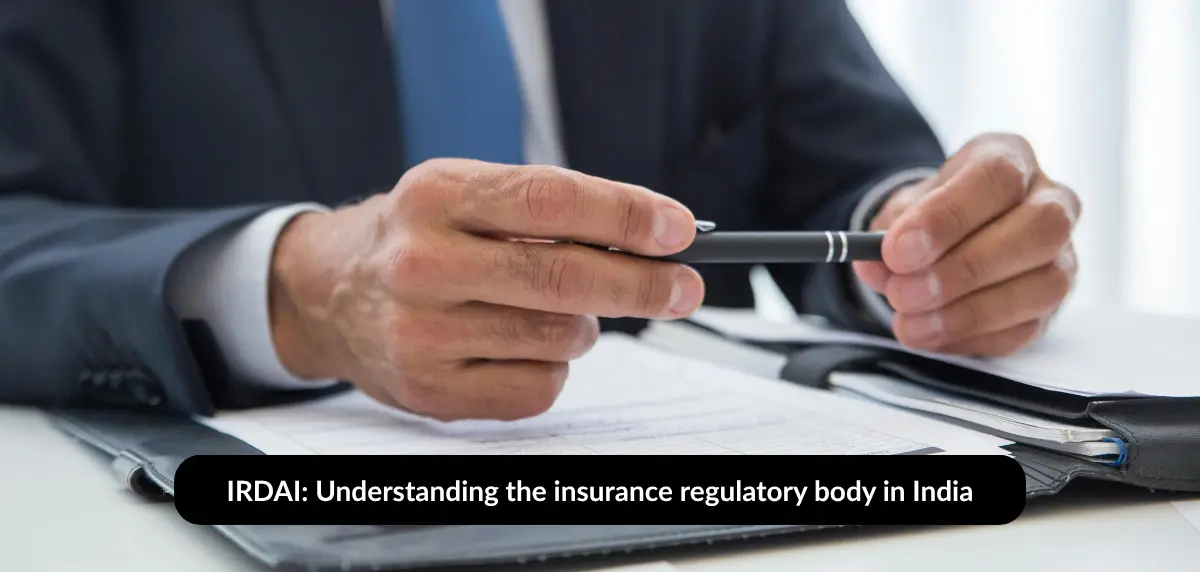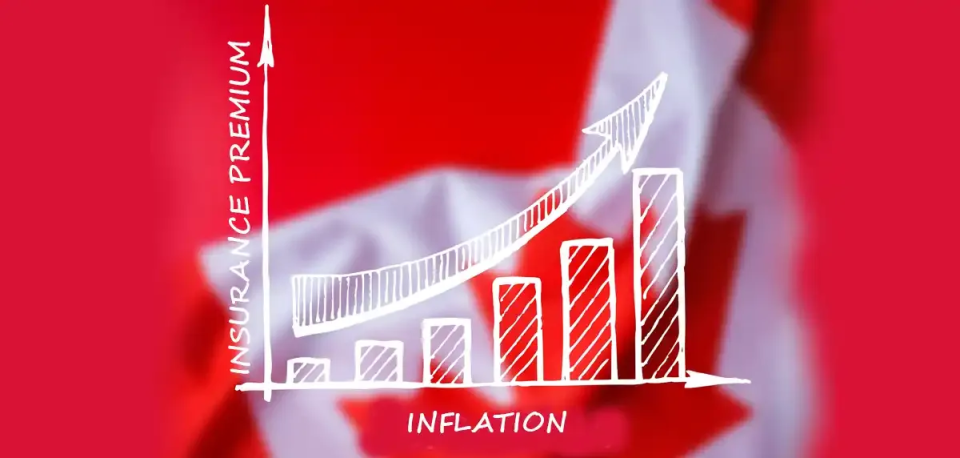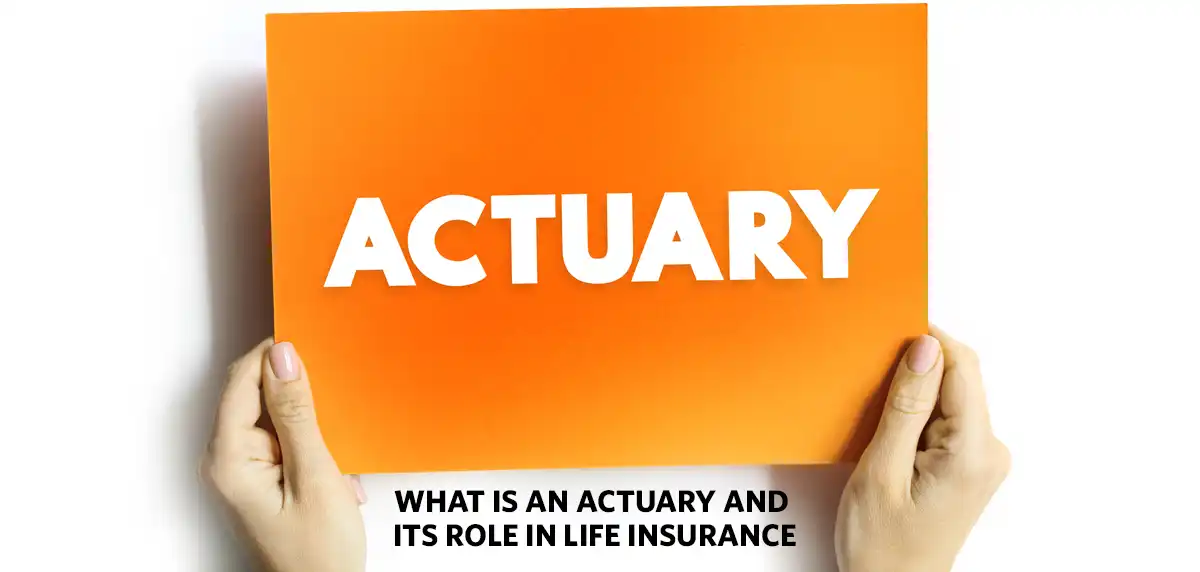Insurance is a financial tool that helps you protect your wealth in times of emergency. For a long time, Indians have relied on insurance to help them steer through difficult times by providing financial support. A policyholder can enjoy peace of mind knowing that the insurance company will take care of the finances in case of unfortunate events.
But who ensures that insurance companies operate fairly, that claims are settled, and that the policyholder gets their due? That responsibility lies with IRDAI or the Insurance Regulatory and Development Authority of India (IRDAI). It plays a vital role in the regulation and promotion of the insurance sector in the country.
What is IRDAI?
The IRDAI, or Insurance Regulatory and Development Authority of India, is a government body that regulates the insurance industry in India. It was established in 1999-2000 under the IRDA Act with the aim of protecting the interests of policyholders while also ensuring the growth and development of the insurance sector. IRDAI covers all aspects of the insurance industry, from life insurance to motor insurance, and from crop insurance to commercial insurance.
IRDAI consists of a 10-member panel appointed by the Government of India, including:
- One Chairperson
- Five full-time members
- Four part-time members
So, if you have ever wondered ‘what is IRDAI in insurance’, you can think of it as the overseer of the insurance industry in general. It creates room for honesty, transparency, and a customer-centric approach in the industry.
Roles and Responsibilities of IRDAI
Now that you know what IRDAI is in insurance, let’s look at the roles and responsibilities of the regulatory body:
Licensing of Insurance Companies
Before any insurer or insurance-related institute can operate in India, it must be licensed by IRDAI. This applies to every life insurance company in India, i.e., all general and health insurers as well as agents, brokers, reinsurers, and third-party administrators. IRDAI will evaluate several aspects of their business practice before granting the registration.
Regulating Premiums and Products
While insurers can price their products as they deem fit, the insurance regulatory body monitors the premium structure to ensure they are fair and not exploitative. It also lays down the guidelines and rules for the premiums of certain products, like third-party motor insurance for general insurance companies. In addition, it also fixes the limits around charges and penalties for insurance products, like the fund management charge in a ULIP which every life insurance company in India must follow.
Protecting Policyholders' Interests
IRDAI ensures that customers of all insurance products are treated fairly. To that effect, it monitors how claims are processed, how policies are sold, and how grievances are handled.
If someone faces issues like unfair claim rejection, delayed payouts, or policy mis-selling, they can approach the IRDAI through its grievance redressal mechanisms.
Supervising the Financials of Insurers
Insurers must maintain a certain level of solvency, i.e., have the financial capacity to meet future claims. For this purpose, the Insurance Regulatory and Development Authority keeps an eye on the solvency margins of insurance companies. This helps ensure that customers are not left in a lurch when they need financial support.
Increasing Awareness about Insurance
The Insurance Regulatory and Development Authority also works to spread insurance literacy across the country. It creates campaigns, workshops, and other media to help citizens understand the benefits of insurance and make informed decisions.
Framing Guidelines and Rules
The regulatory body also sets guidelines when it comes to aspects like insurance agent training, policy wording, grievance redressal, and more.
Promoting Efficiency in Insurance Business
The role of IRDAI in insurance also extends to increasing the operational efficiency of and across the insurance sector. By doing so, they can ensure a smoother and faster service procedure for policyholders.
Why IRDAI Matters to You
By now, you will know what IRDAI is and the role it plays. However, what does it mean for you on a personal level? Whether or not you have ever dealt with, or expect to deal with a life insurance policy, it is essential to know the basics of how life insurance operates in this country.
With IRDAI, you can rest assured that every life insurance policy or general insurance plan you consider comes with solid regulatory control. This means:
- Transparent and fair pricing
- Clear terms and conditions
- Quick and fair claims settlement
- Strong grievance redressal mechanisms.
With the presence of the Insurance Regulatory and Development Authority of India, insurance buyers can feel secure in knowing their money is going in the right direction and that they are protected by rules designed for their benefit. IRDAI helps make insurance a safe, transparent, and reliable part of your financial planning.
























